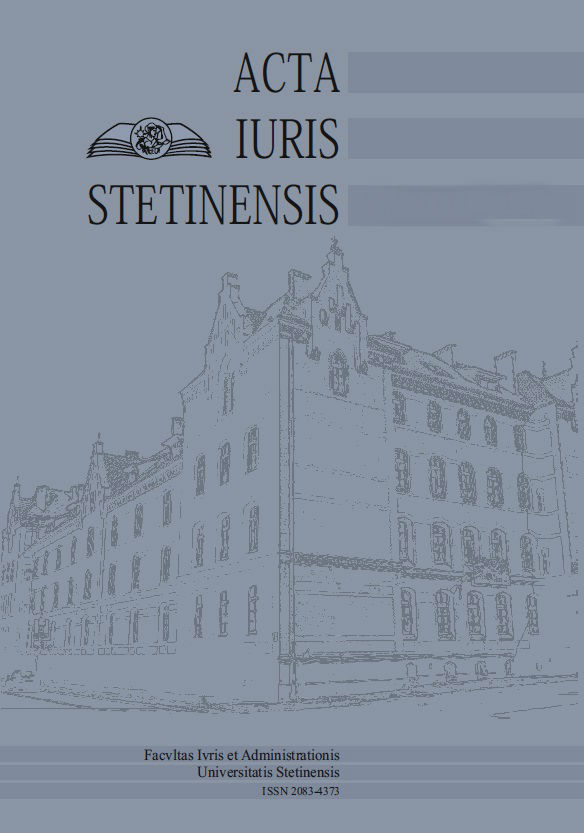Glosa do wyroku Sądu Apelacyjnego w Szczecinie z dnia 9 maja 2013 r., IACA 132/13
Commentary on the judgment of the Court of Appeal in Szczecin of 9 May 2013; I ACA132/13
Author(s): Tomasz RadkiewiczSubject(s): Law, Constitution, Jurisprudence
Published by: Wydawnictwo Naukowe Uniwersytetu Szczecińskiego
Keywords: private document; burden of proof; new facts and evidence in second instance proceedings; presumptions of law; principle of adversarial process
Summary/Abstract: The commented judgment of the court of appeal raises an important issue concerning presumptions of a private document. The presumptions of law associated with private documents (Art. 253 CCP), that is a presumption that a statement contained in a document comes from the person who signed it (Art. 245 CCP), as well as the presumption of authenticity of the document (Art. 253 CCP) are rebuttable and can be contested by any means of proof. The commentary also discusses the issue of the burden of proof in the case of raising an objection of falsification of signatures contained in the document, while discussing situations when the burden of responsibility lies on the person intending to use the document, and when it does so on the denying person. Also, the issue of activity of the party in terms of evidence is touched upon as well as consequences of inaction in this regard. It was explained that the burden of proof is not dependent on the position that the party takes in the civil suit. This is independent of whet her a given entity is the claimant or the defendant, as it involves the obligation to demonstrate the circumstances that form the basis for a right conferred on a given entity. In fact, it is an “obligation” understood as the need to produce evidence by a party in their own interest. In the commented judgment the author also raises issues of the adversarial nature of Polish civil procedure, with particular emphasis on the situation when the party is represented by a professional representative, and the issue of admissibility of producing new facts and evidence before the court of second instance and of restrictions in place in this regard.
Journal: Acta Iuris Stetinensis
- Issue Year: 2014
- Issue No: 07 (3)
- Page Range: 141-152
- Page Count: 12
- Language: Polish

